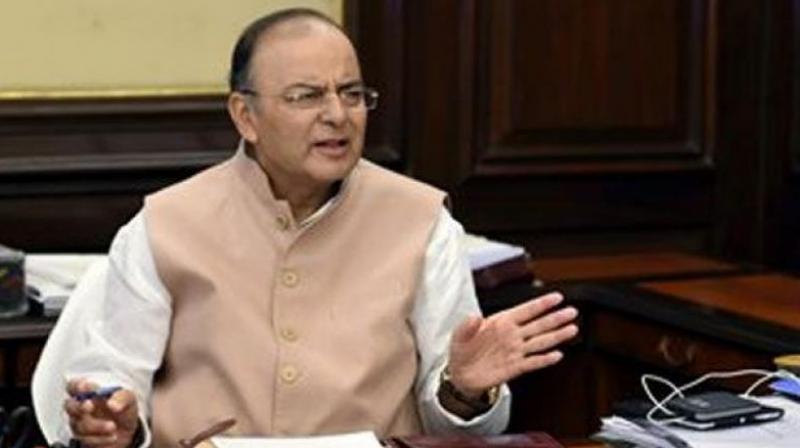GST bills tabled in Parliament: Things that you must know

Mumbai: Finance Minister Arun Jaitley today tabled four supporting Goods and Services Tax bills in Parliament. The bills have been introduced as Money Bill that does not necessarily require approval from the Rajya Sabha where the ruling Bharatiya Janata Party lacks majority.
CNBC-TV18 in a series of tweets quoted Finance Minister Arun Jaitley as saying that the Central GST and Integrated GST will be applicable to whole country on their implementation except Jammu and Kashmir.
Here are a few key points that you should know what according to Arun Jaitley will form the contours of the pan-India tax regime:
- Integrated GST tax rate to be more or less equal to sum total of Central GST, State GST or Union Territory GST.
- Integrated GST will do away with gap present in central sales tax.
- Central government will be able to levy GST on supply of goods and services for inter-trade of commerce.
- Officers will get powers to seize and arrest and will ensure smooth transition from existing tax to GST regime through various provisions.
- Govt will make a provision for an anti-profiteering clause to ensure tax benefits to consumers
- Central GST will be levied on all intra-state supply of goods and services except liquor.
- There will be a seamless transfer of input tax credit to incentivise tax compliance. Central GST levy will not be more than 20 per cent.
- Excise, service tax, VAT, entry tax, luxury tax, purchase tax etc to be subsumed into single tax called GST.
- GST to reduce cost of production and inflation. Indirect tax regime will be a dual-levy where Centre will collect Central GST and States will collect State GST.

